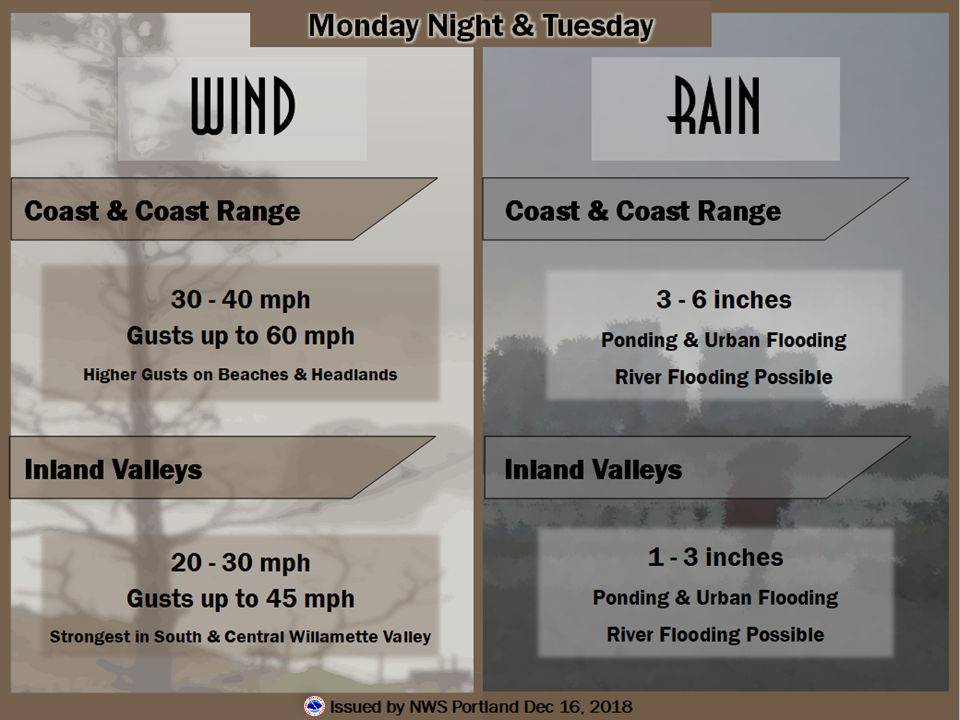R
Robrites
'Atmospheric river' headed to NW Oregon, SW Washington



Ya, Well, Fuck
We Got Weather Here.

They’ve actually halted issuing new licenses since July and I heard it’ll be until at least this summer before they start processing new applications